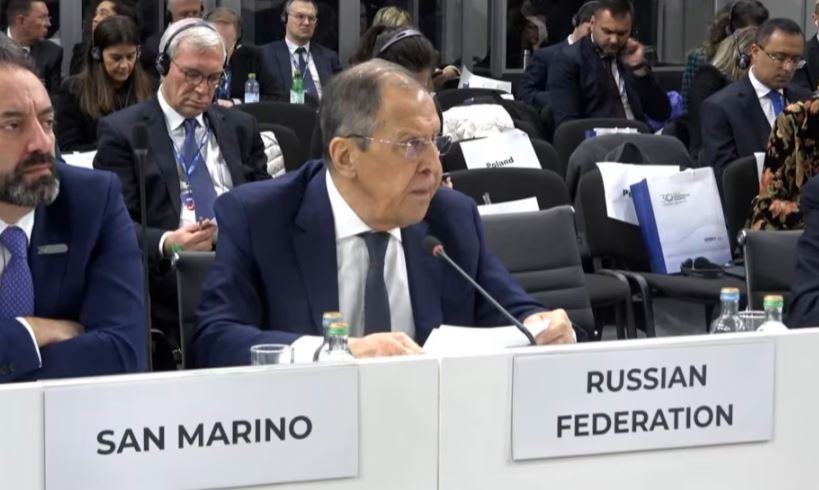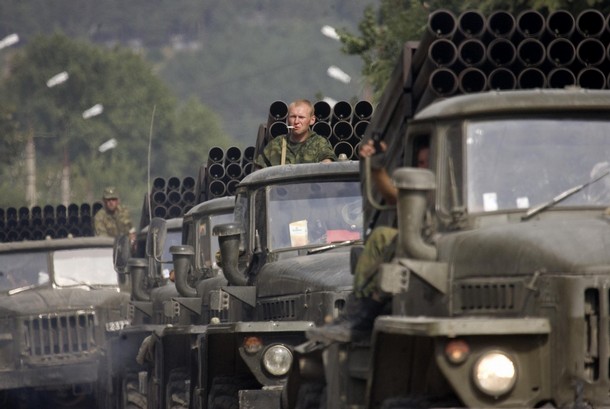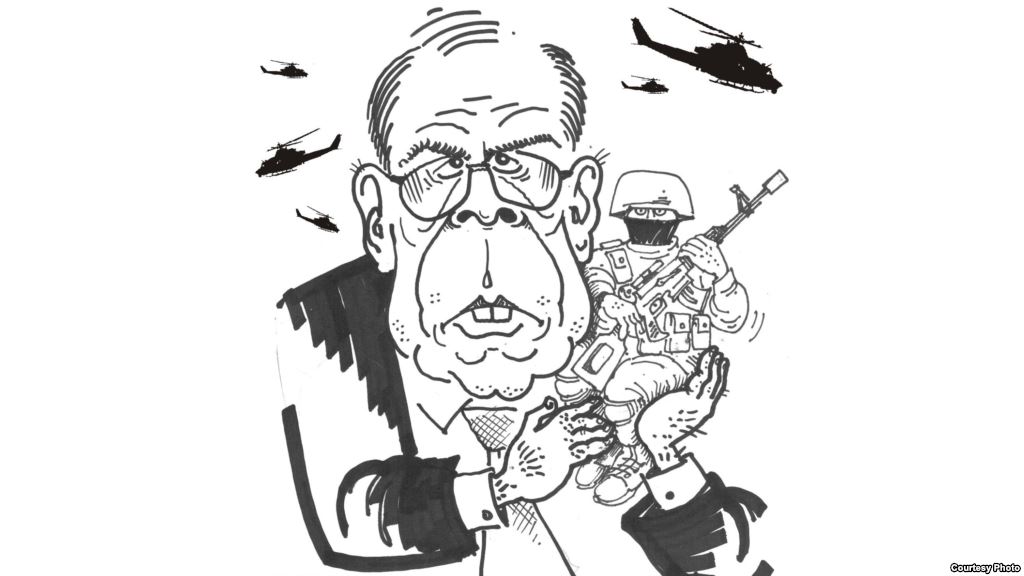Ukraine pulled off back-to-back diplomatic coups against Russia this week, blocking Moscow’s re-election to leadership roles in two prominent international bodies – the Organization for the Prohibition of Chemical Weapons (OPCW) and the International Maritime Organization (IMO), according to Ukrainian news outlet European Pravda.
The surprise ballot box defeats underscore Russia’s growing isolation on the world stage, as Ukraine wages an intensifying campaign to limit the Kremlin’s influence in global forums.
On Wednesday, Ukraine teamed up with Lithuania to torpedo Russia’s presumed lock on one of three Eastern European seats up for election on the Organization for the Prohibition of Chemical Weapons executive council, which took place in The Hague, Netherlands.
“Ukraine and Lithuania coordinated to put forward competitive bids, resulting in Russia failing to secure enough votes,” a Ukrainian diplomat told European Pravda. “Many countries decided to vote for both Lithuania and Ukraine assuming Russia would still get through.”
But Russia fell short in the contentious vote, earning just 65 votes compared to 126 for Ukraine and 76 for Lithuania.
“It was a shock for many,” the diplomat said, noting Moscow’s longtime clout in the agency monitoring implementation of the global chemical weapons ban.
Stung by the surprise defeat, Russia’s foreign ministry claimed it resulted from “unprecedented political pressure and outright threats” by Western countries against other members.
The next day, Ukraine orchestrated another upset at the International Maritime Organization triennial assembly in London, campaigning for Liberia to replace Russia on the 40-member governing council.
Ukrainian President Volodymyr Zelenskyy played a pivotal role, directly appealing to member states in a video address, according to a presidential adviser.
Zelenskyy accused Russia of attacking merchant ships, mining the Black Sea, bombarding Ukraine’s ports, and violating the Black Sea grain export agreement.
“Russia has no place in the International Maritime Organization or its governing bodies,” the president asserted, calling for a “fair response” to its aggression against free navigation.
In the ensuing vote, Liberia secured 132 votes while Russia only managed 80 – a stunning rebuke signaling deep unease with Russia's actions in Ukraine.
“This was an absolute failure for Moscow and a victory for Ukraine,” said presidential adviser Ihor Zhovkva, who helped coordinate the IMO campaign.
The ballot box humiliations come as Russia remains under heavy diplomatic fire over its full-scale invasion of Ukraine.
Nearly half of foreign ministers skipped this week’s OSCE meeting in Skopje, North Macedonia rather than sit at the same table with Russian Foreign Minister Sergey Lavrov, displaying unity with Ukraine's boycott.
Lavrov fumed at the press conference afterwards, lashing out at reporters as the boycott highlighted Russia's increasing isolation.
"There has never been a case where so many foreign ministers refused to take part in an OSCE ministerial meeting due to one participating country," said Yevhen Tsymbaliuk, Ukraine's permanent representative to the organization.
Ukraine continues lobbying OSCE members to further limit dialogue with Russia as long as its aggression persists. The goal is to progressively deny Moscow rights and leverage while stopping short of expelling it completely.
"In the current situation of hot war, the argument that the OSCE brought together rivals like the Soviet Union and US during the Cold War no longer applies," explained Ambassador Tsymbaliuk.
"I've emphasized the need to restrict rather than encourage dialogue with criminals," he added, noting many European states asked for his talking points to re-examine their stance.
Related:





